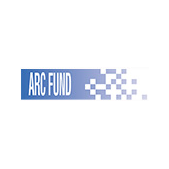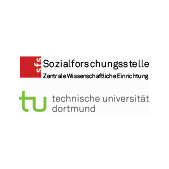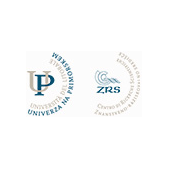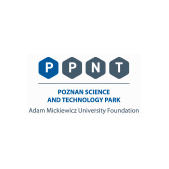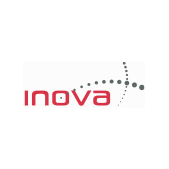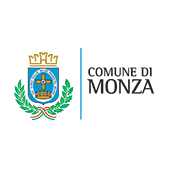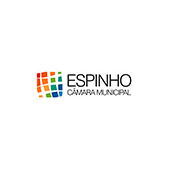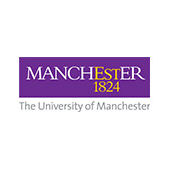Side by side, sustainability and competitiveness are being placed in the core priorities of managers and business owners in Portugal. Through the recent initiate – Eco4Portugal, the Portuguese Entrepreneurial Association – AEP, is supporting SMEs in putting in place concepts such as sustainable management, eco-innovation, energetic efficiency and environmental responsibility.
Eco4Portugal is a brand to be used by Portuguese companies that are engaged with sustainable economy values and willing to innovate, reinventing their processes, products and practices. Under this brand, 4 types of projects are included.
EFINERG II – Promoting energetic efficiency in industry
Constituting a second edition of a successful project, the Efinerg II project is target to industries form 6 sectors (including, for instance, leather and related products, electric equipment, pulp, paper and paper product, and rubber and plastic products) with annual energetic consumption of more than 250 and less than 500 toe (ton oil equivalent unit).
What are the main aims of the project?
- Fostering practices in line with the National Energy Efficiency Action Plan;
- Raising awareness about the advantages of the sustainable economic growth;
- Promoting sustainable production patterns;
- Reinforcing competitiveness through eco-efficiency and motivate the human capital to a culture of energetic efficiency.
Which activities are planned?
The EFINERG II project comprises several different activities, including:
- Studying the energetic efficiency of the 6 sectors, identifying the needs of the companies, carrying a benchmarking analysis and describing case studies;
- Developing a guide to support the energetic efficiency in industry (with practical guidelines for what can be done to ensure a better use of the energetic resources).
What are the expected results?
Increased competitiveness + Acknowledgment of the economic advantages of sustainability + Industrial capacitation towards the efficient use of energetic resources.
EFIDRIC – PROMOTING water efficiency in industry
Emphasising the fact that an eco-efficient use of the water generates competitiveness gains, the project helps the industrial sector to valorise the water resources and to have a more responsible consumption.
What are the main aims of the project?
- Enhancing sustainable water management practices;
- Reaching the targets of the National Programme for the efficient use of water;
- Dissemination of information on certification requirements and specifications for products, systems and buildings;
- Demonstrating the advantages of water efficiency audits.
Which activities are planned?
- Carrying out seminars and info days targeted to managers and business owners to present the advantages of the water managing systems and innovative solutions for an efficient use of water.
- Producing pedagogic materials on the methods that allow companies to calculate their water footprint.
What are the expected results?
Increased competitiveness + Reduced costs of production + Enhanced eco-efficiency
ECOPRODUTIN – Productivity in industry through eco-innovation
The project is focused on creating and developing productive processes that avoid waste of raw materials and energy.
What are the main aims of the project?
- Making eco-innovation a strategic factor for productivity and competitiveness;
- Putting Portugal in a good track regarding the objectives of a “Resource efficient Europe”;
- Fostering an efficient use of natural resources and stimulating the open of new markets.
Which activities are planned?
- Carrying out workshops to inform companies about eco-innovative technologies for the optimised consumption of water, energy and use of raw materials;
- Dissemination of information on good practices and international benchmarking;
- Developing a guide to eco-innovation and a study on “eco-innovation and competitiveness”.
What are the expected results?
Enhanced eco-innovation principles in business strategies + Increased sustainability + Better productivity
INTERAMBINERG – internationalization of the Portuguese environment and energy sector
Recognising that in Portugal there are relevant infrastructures, technical knowledge and experience in the areas of environment and energy sector, this project supports the internationalisation to priority markets such as Colombia, Mexico and Peru.
What are the main aims of the project?
- Boosting internationalisation efforts of companies of the environment and energy sector;
- Providing information, contacts and tools, transforming opportunities in businesses;
- Identifying potential local partners
Which activities are planned?
- Carrying out seminars and workshops to inform companies about the targeted markets;
- Supporting companies to monitoring their internationalisation plans;
- Promoting benchmarking.
What are the expected results?
More business opportunities + More dynamic internationalisation processes in the sector
Eco4Portugal (AEP - Portuguese Entrepreneurial Association): http://aep.org.pt/portais-aep/eco4portugal
Relevant themes:
Sustainable innovation, Resource efficiency, Environment
Relevant tags: Sustainability, Eco-innovation




